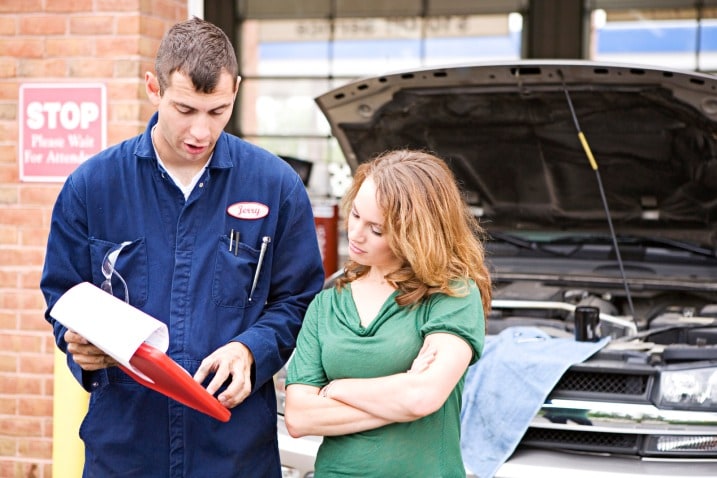2) Consider the Operation's Location and Overhead
"Where you get screwed in our business is labor hours," Mallette explains. His shop charges $40 per hour for labor. But in ritzy parts of West Los Angeles, the per-hour labor charge is $60-$65. In wealthy Newport Beach, California, Mallette has heard of $90-per-hour labor charges.
Large body shops with a lot of front-office workers probably have to charge higher rates to pay their staff. While service delivered by front-desk folks, managers and foremen gives some people a feeling of confidence in the business, it can result in estimates that are padded with non-essential work. When they're charging more labor hours at a higher rate, your bill can add up quickly.
In his shop, Mallette says he does things by the book — literally. Body shops and garages use reference guides that estimate the number of hours required to perform common repairs.
"Let's say somebody has damage to their fender, bumper and headlight," Mallette tells us. "I go to my book, I write an estimate and I basically go by the hours mandated by the book."
By contrast, the higher-end shops might decide to charge for everything in "the gray area," meaning those things that they might have to do to fix the problem. In Mallette's example, high-end estimates might include a charge for time spent removing the hood and the door, while his judgment call is not to perform this additional work.



 by
by 
